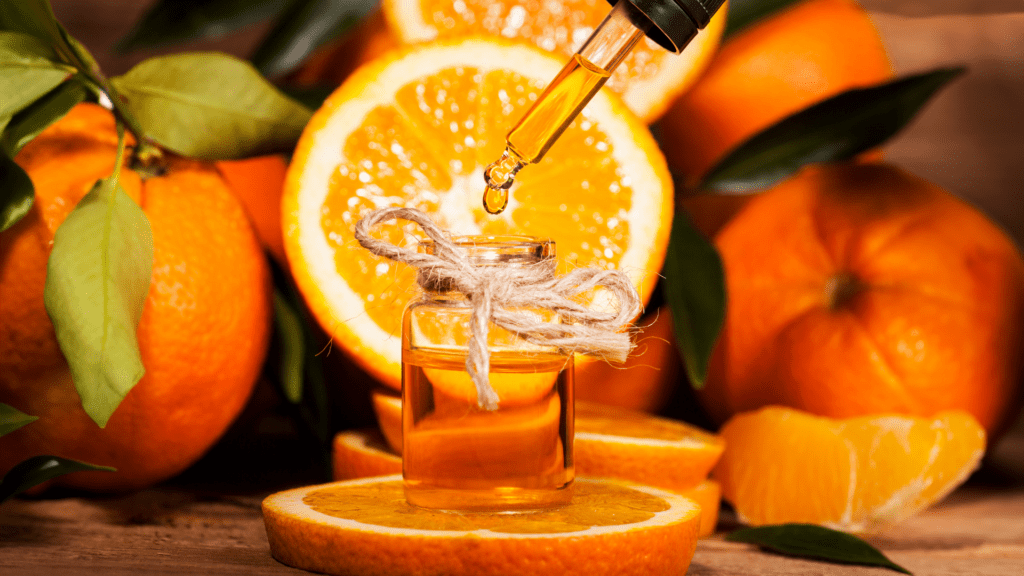For centuries, essential oils, concentrated liquids capturing the essence of plants, have been used for various therapeutic purposes. In recent times, they’ve gained traction in the realm of skincare, offering a natural approach to promoting healthy, youthful skin.
Let’s delve into the potential of essential oils for skin health and rejuvenation, exploring specific examples and recipes for DIY treatments. Essential oils boast a range of properties that benefit the skin. Some, like tea tree oil, possess antimicrobial qualities, aiding in acne reduction. Lavender oil, known for its calming effects, can soothe irritation and inflammation. Additionally, certain oils, like frankincense, are touted for their regenerative properties, potentially minimizing the appearance of wrinkles and scars.
When applied topically, these potent extracts offer a range of benefits for the skin, muscles, and overall well-being.
- Moisturizing and Hydration: Essential oils like lavender, chamomile, and rose are renowned for their hydrating properties, helping to keep the skin moisturized and supple.
- Anti-Aging Properties: Oils such as frankincense and myrrh can reduce the appearance of fine lines and wrinkles by promoting cell regeneration and improving skin elasticity.
- Acne Treatment: Tea tree oil is widely used for its antibacterial properties, making it effective in treating acne and preventing future breakouts.
- Balancing Sebum Production: Certain essential oils, including geranium and ylang-ylang, help to regulate the skin’s oil production, reducing the likelihood of clogged pores.
What essential oil is right for your skin?
Choosing the right essential oil for your skin condition is crucial. Here are some examples:
- For Oily Skin: Clary sage oil helps regulate sebum production, while geranium oil balances and tones the skin.
- For Dry Skin: Rose oil, rich in antioxidants and hydrating properties, nourishes and plumps dry skin.
- For Mature Skin: Frankincense oil, is valued for its potential to reduce wrinkles and age spots.
- For Acne Treatment: Tea Tree Oil is effective in reducing acne lesions due to its antibacterial and anti-inflammatory properties, some research suggests that oregano oil may strong antimicrobial activity against acne-causing bacteria, clary sage oil may help regulate sebum production.
DIY Essential Oil Recipes For Your Face
Important Note: Essential oils are highly concentrated and can irritate the skin if used undiluted. Always dilute them in a carrier oil, like jojoba or almond oil, before topical application.
- Soothing Facial Serum: Mix 2 drops of lavender oil and 1 drop of chamomile oil with 1 tablespoon of jojoba oil. Apply a few drops to a cleansed face at night.
- Revitalizing Toner: Combine 2 drops of frankincense oil and 1 drop of carrot seed oil with 4 ounces of witch hazel. After cleansing, mist the toner onto your face and neck.
- Revitalizing Face Serum: Combine 1 tablespoon of rosehip oil, 10 drops of geranium oil, 5 drops of carrot seed oil in a dark glass bottle. Shake well before each use and apply a few drops to the face daily for a rejuvenating effect.
- Soothing Skin Balm: Take 2 tablespoons of shea butter, 1 tablespoon of coconut oil, 10 drops of frankincense oil, 5 drops of lavender oil. Melt the shea butter and coconut oil together. Remove from heat and stir in the essential oils. Allow the mixture to cool and solidify before applying to the skin.
- Acne Treatment: Mix 1 tablespoon carrier oil (jojoba oil is a good option for acne-prone skin), 2 drops tea tree oil, 1 drop lavender oil in a clean, dark glass bottle, shake well to ensure proper dilution. Dip a cotton swab into the blend and dab it directly onto blemishes. Avoid applying to broken skin or around the eyes.
Safety Precautions
While essential oils offer a natural alternative for skincare, it’s vital to prioritize safety. Here are some precautions:
- Perform a patch test: Apply a diluted amount of the chosen oil on your inner arm and wait 24 hours to check for irritation.
- Avoid sensitive areas: Never apply essential oils near your eyes or mucous membranes.
- Maintain proper dilution: Always follow recommended dilution ratios to prevent skin reactions.
- Consult a healthcare professional: If you have any underlying skin conditions or concerns, seek guidance from a dermatologist before using essential oils.
Essential oils can be a valuable addition to your skincare routine, promoting healthy skin and a youthful appearance. However, remember, they are not a magic bullet. A well-balanced diet, adequate sleep, and sun protection remain essential for optimal skin health. By incorporating essential oils thoughtfully and prioritizing safety, you can harness the power of nature to nurture your skin’s natural radiance.

